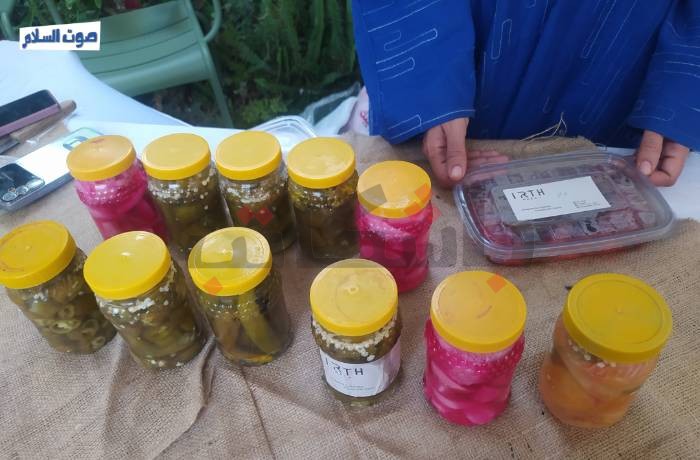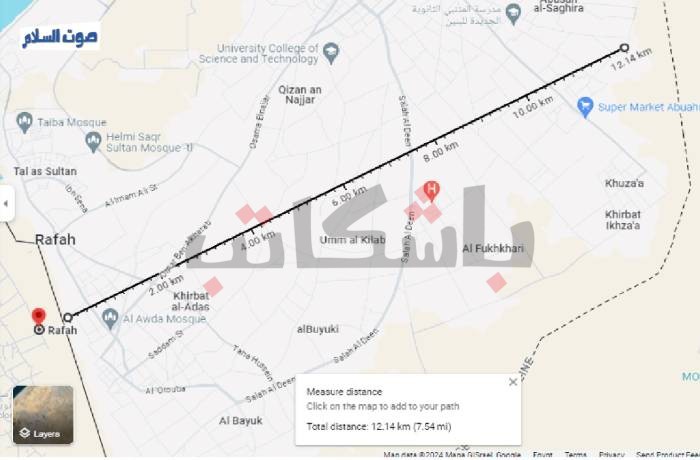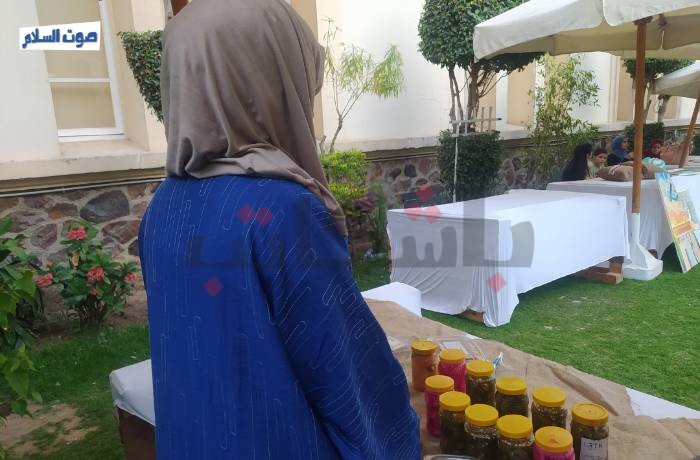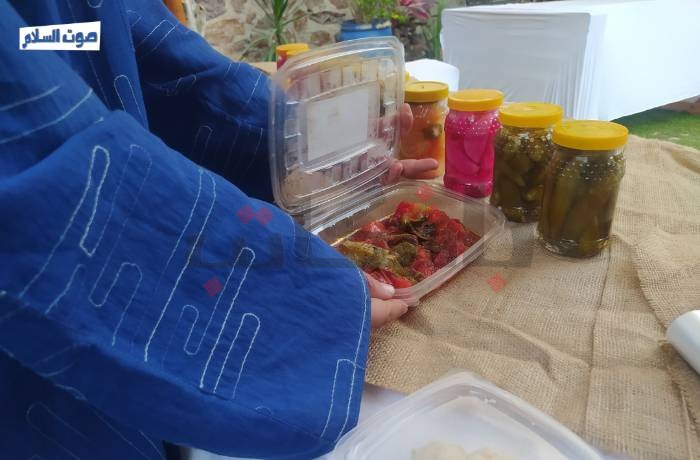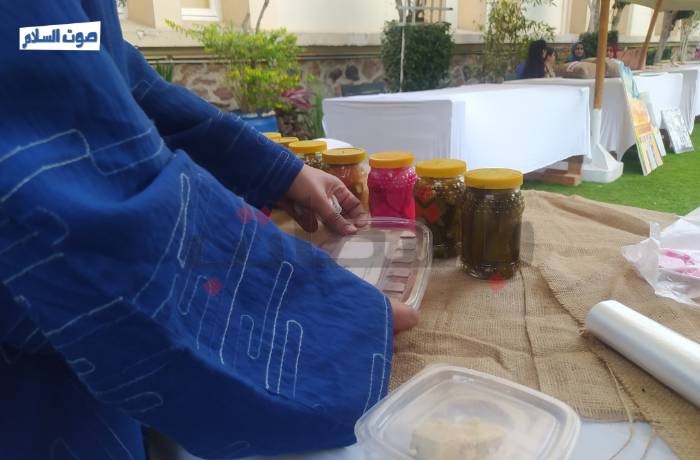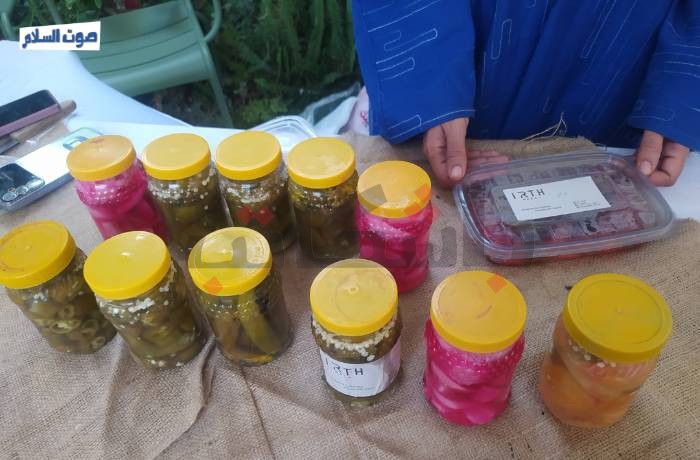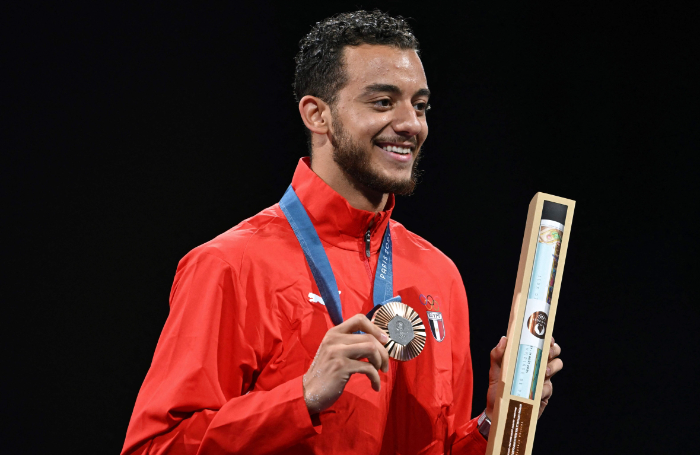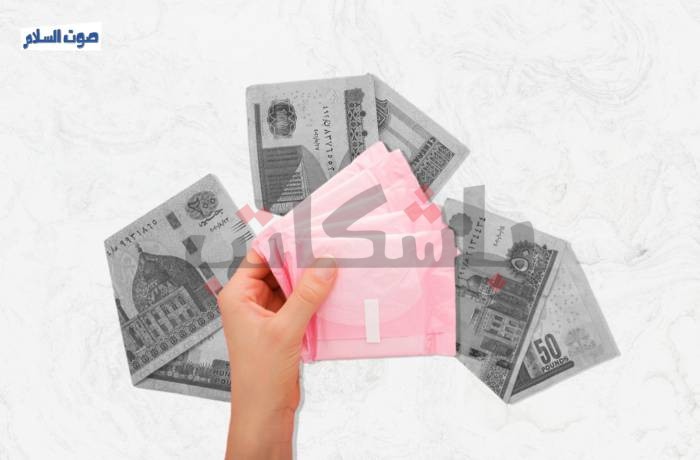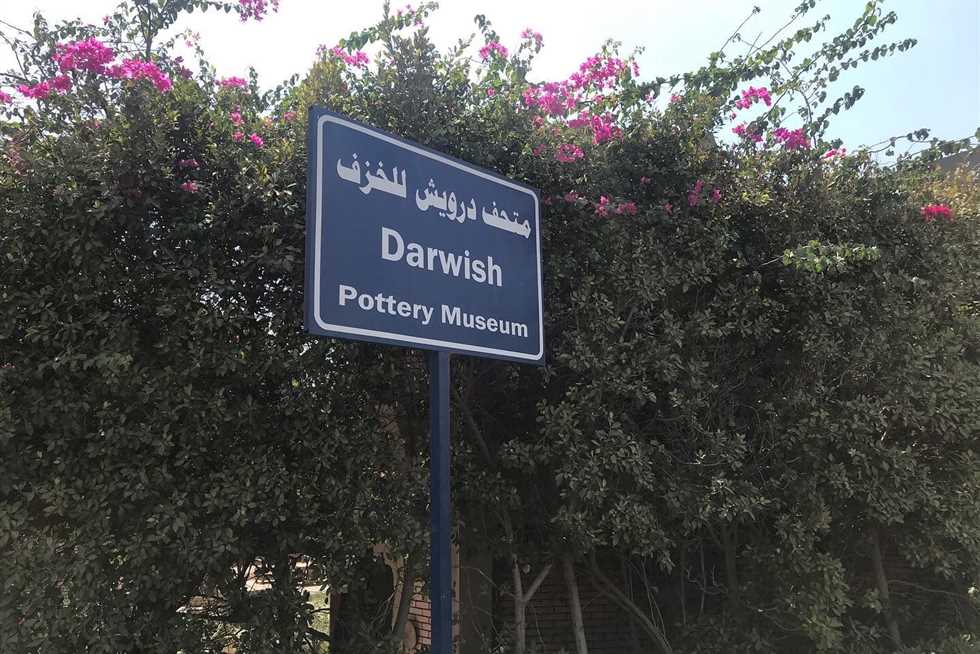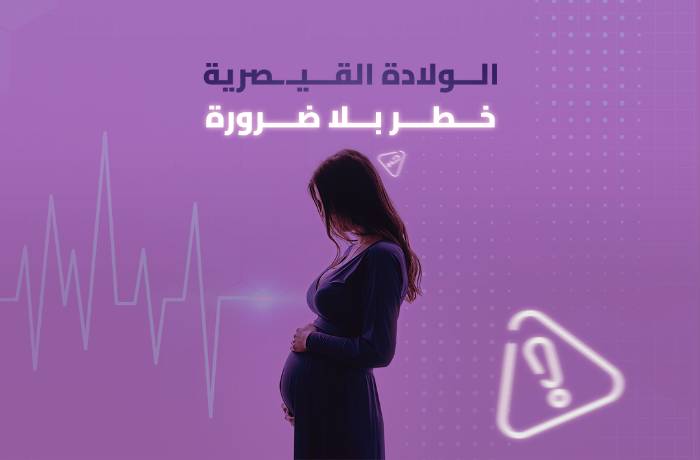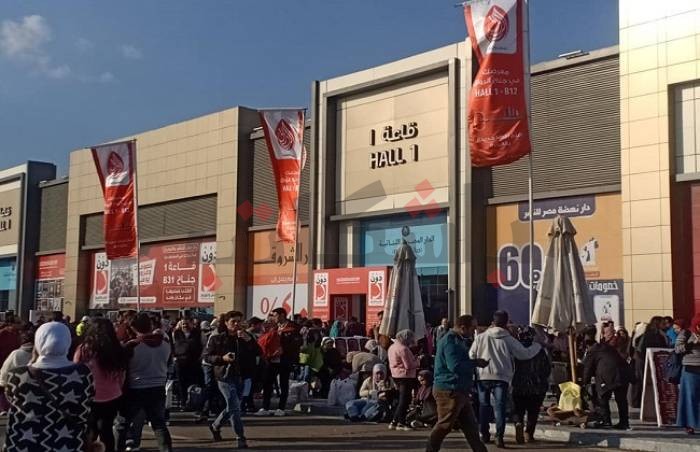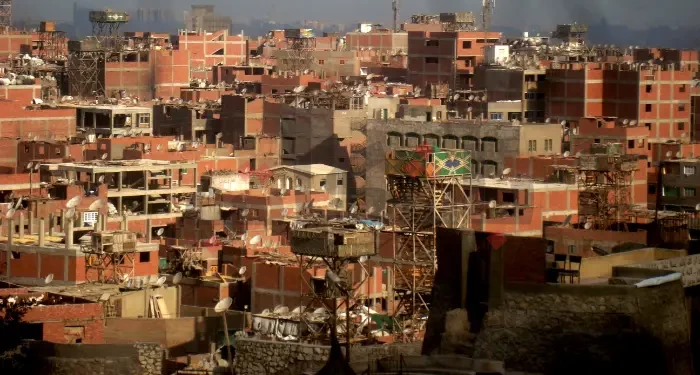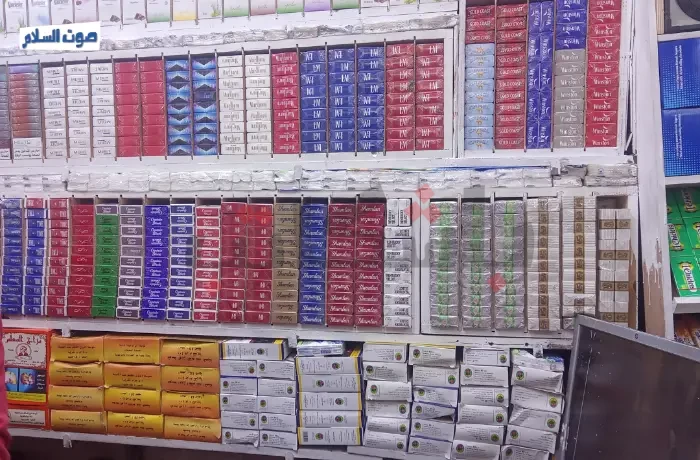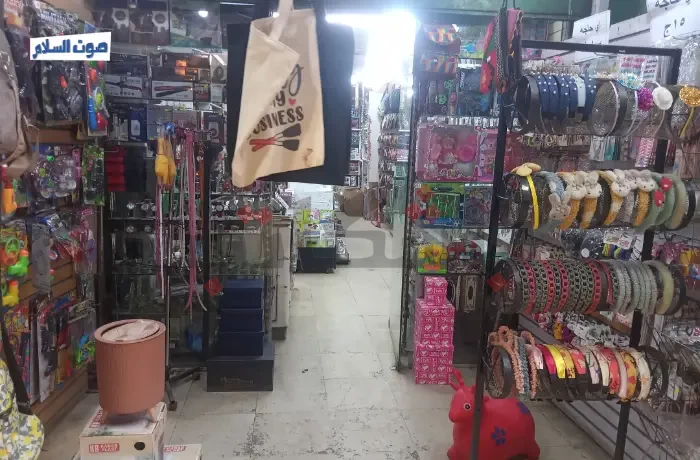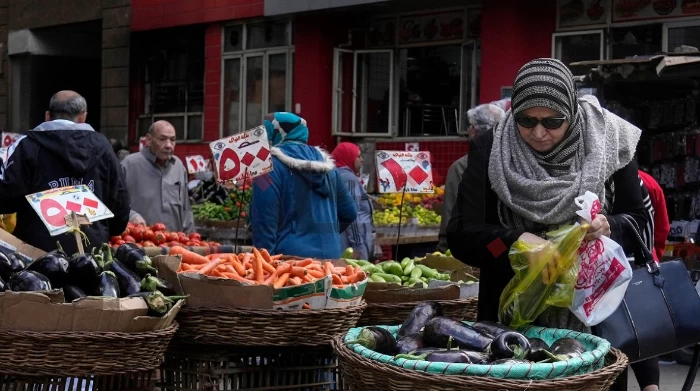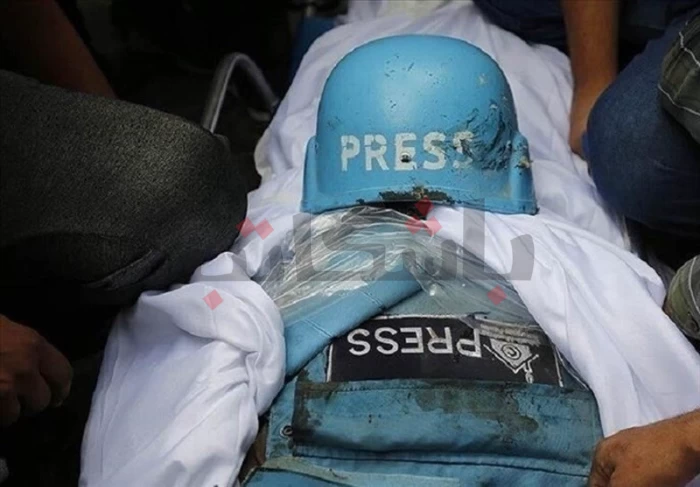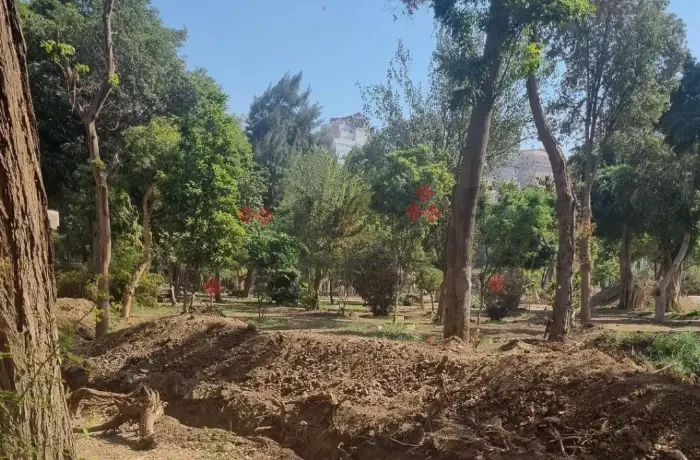“This is your last hour… Evacuate immediately! Israeli Defence Forces” … a single sentence written on hundreds of warning leaflets the Israeli occupation army planes dropped from the sky, the papers were in green and white, warning the displaced people in Shajarat Al-Durr Basic School for Girls, Bani Suhaila, Khan Yunus city.
Sixty minutes will separate between dropping the leaflets and bombing people who were displaced from North Gaza Strip to its south, where Khan Yunus lies, making sure to -in addition to the expected bombing of civilians- demolish a building that, only few months ago, was a learning centre for the girls of Khan Yunus, and a place for hope.
Among the school’s inhabitants who are threatened to be bombed unless they leave, while carrying her baby, Mariam Abu Zekri’s picked one of the leaflets; she didn’t drop the leaflet, but collected more from the school’s ground, then signalled for the other four girls, sisters of her baby, and together they gathered and played for the next five hours.
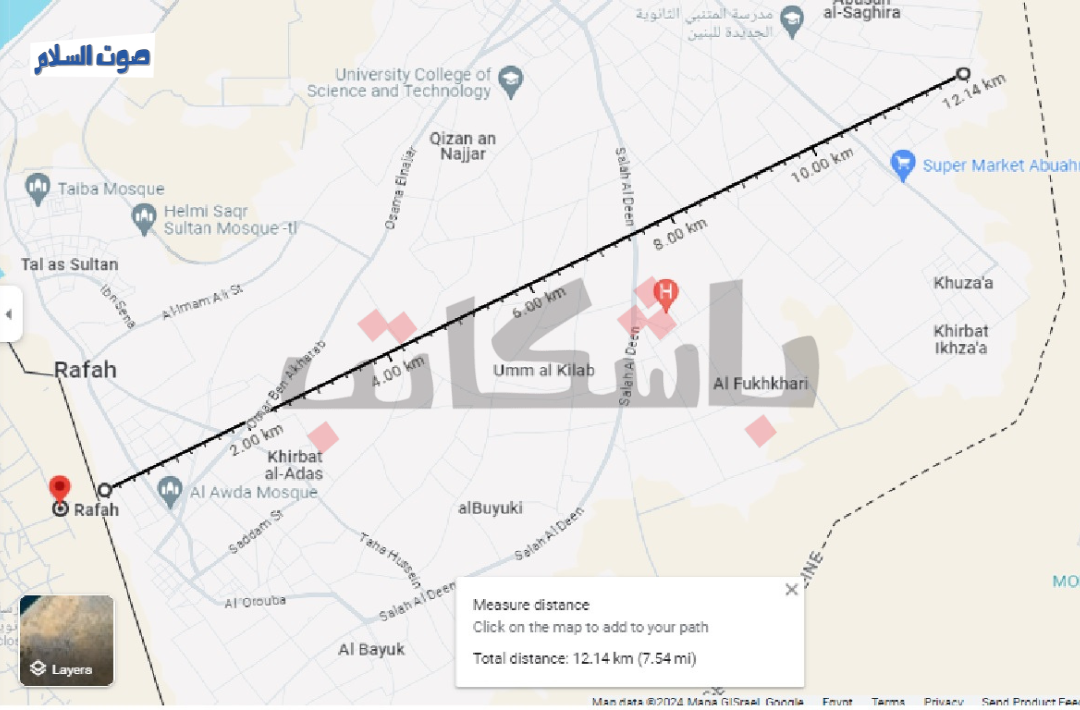
Now, we’ll start a “marathon” … this is what the mother told them, while making paper planes out of the warning leaflets promising them death. Using these paper planes, the mother managed to distract her four daughters from the hardships of walking south, urging them to compete to see who would catch the paper plane before the other, in a game called: the "displacement game”.
Since last 7th October, Israel has been bombing Gaza Strip, in response to “Al-Aqsa Flood” operation carried out by the Palestinian resistance; consequently, around 1.7 million people were displaced from north of Gaza Strip to its south, i.e. around 70% of the Strip population, according to UNRWA (The United Nations Relief and Works Agency for Palestine Refugees) on 6th May.
The displacement game, where Rafah was its last stop for Mariam, started after she was displaced from her home in Al-Farahien neighbourhood, north of Gaza on 8th October, due to the bombing of a residential building near her. She then moved to Bani Suhaila where a family hosted her, after which the area was bombed so Mariam had to move again to Shajarat Al-Durr school where she received the Israeli Occupation Army leaflets.
The family moved to Rafah during the freezing month of December, and a group of the displaced people managed to build a tent for women and children, and a shared toilet, however the heavy rains flooded the tents subjecting women and children to the elements of nature with no shelter to protect them from the cold.
Mariam and her five children walked around 14 kilometres, since they set off on their “displacement marathon”. Using Google maps, it shows that the family, setting off on 8th October, walked 3.49 kilometres from Al-Farahien neighbourhood in the east, to Bani Suhaila area in the west, then further to the west for 600 metres until Shajarat Al-Durr school, then walked 9.17 kilometres south to Rafah.
Mariam's journey route via Google Maps
The occupation Ministry of Defence threatened to invade Rafah more than once last April, “I obtained the Jordanian citizenship through my father, so I and my children had a better chance of travelling to Egypt, as my children are underage, unlike my husband who is still in Rafah as he carries Palestinian nationality only”, travelling procedures are easier for Palestinians with other nationalities, according to Mariam.
The United Nations confirmed, in reports published at the end of last March, that the fighting in Khan Yunus and Deir Al-Balah in the centre of the country had forced tens of thousands of people to flee to the southern Rafah region, where more than a million people live “in a heavily overcrowded area”.
Mariam and her children reached Egypt at the end of last March, she left half of her heart in Gaza with her husband. She describes her first steps inside Egypt, saying in her Palestinian accent, “our eyes hurt us from the electric bulbs and we started rubbing our eyes, many months have passed since we last had electricity, it was a strange feeling, we couldn't believe we were still alive, we were passing an airport and a plane flew above us, my son started crying and saying (boom! boom!), meaning they’ll bomb us, he doesn’t know that planes are used for purposes other than killing people”.
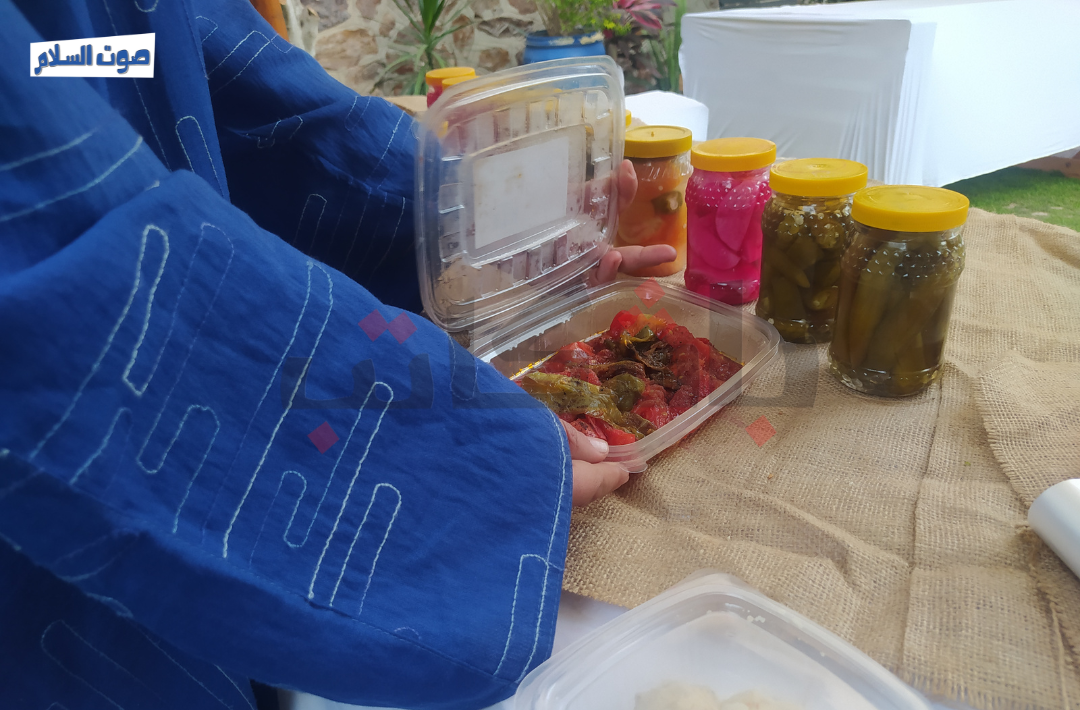
“100% of Gaza children need mental, psychological, and social support, the scars of this war are not only physical” … with these words, Tess Ingram, Communications Specialist for UNICEF-United Nations Children’s Fund, described in a report published in mid-April, the psychological trauma Mariam’s children, and all Gazan children, are experiencing.
Mariam arrived in Egypt and settled in Shorouq neighbourhood in Cairo, where she found help and support from a number of Palestinian residents who knew real estate brokers in the area for years, and despite the high rent price for her, which was 7 thousand EGP, she felt safe living next to Palestinians and having security personnel present around the house.
Mariam lives in an apartment with her children and five of her family members who managed to enter Egypt, dividing rent among them, which Mariam pays half; 3,500 EGP, “I decided to find a solution that might provide me and my children with an income to pay for living expenses and rent, hoping that I might save money to bring my husband here in Egypt”.
Despite expensive rent compared to her financial ability, especially after losing all their possessions and money during the bombings, Mariam managed to start the “Ard Gaza – Gaza Land” project, selling homemade Palestinian food. Mariam makes Palestinian Maqluba, Musakhan, Mansaf, and Manakeesh, in addition to Palestinian pickles and sweets.
Mariam only cooks on demand, for she doesn’t have enough capital to provide her with the ingredients which she buys from the markets around Shourouq neighbourhood. She can’t buy the ingredients at a wholesale price because she does not buy in large quantities; the dishes prices range between 150 and 400 EGP, depending on the prices of the ingredients.
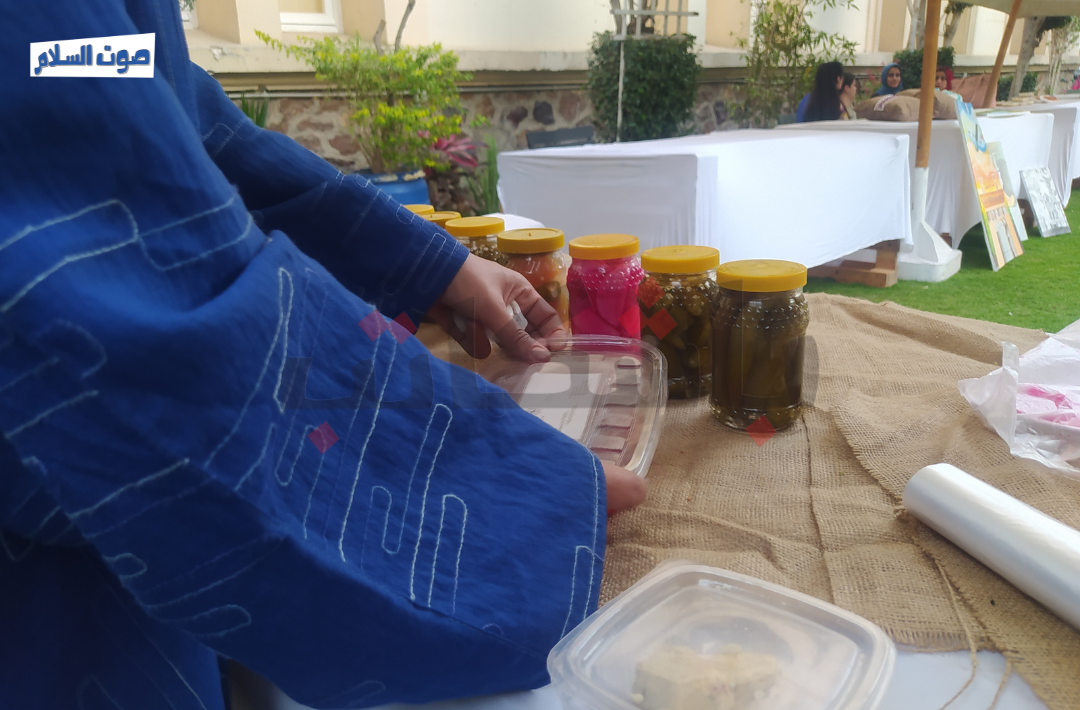
Mariam cannot contact her husband on daily basis, due to the internet being cut off for long periods, yet sometimes she receives a quick message from him, “he reassures me that he is alive, but I’m unable to hear his voice or talk to him”, however she managed to send him a picture of the children while they’re helping her cook an order for one of the customers, they’re her workforce and first supporters of her project.
Mariam only wishes that her husband would come to her and her family becomes whole again, she also dreams of enlisting her children in a school, they’ve already missed a school year, “I dream of expanding my project and have a fixed income to provide for myself and my children, I dream of leading a new safe life away from war, and want to have my country back and we hold events there and participate in them with my project, just like I do in Egypt”, said Mariam in tears.
